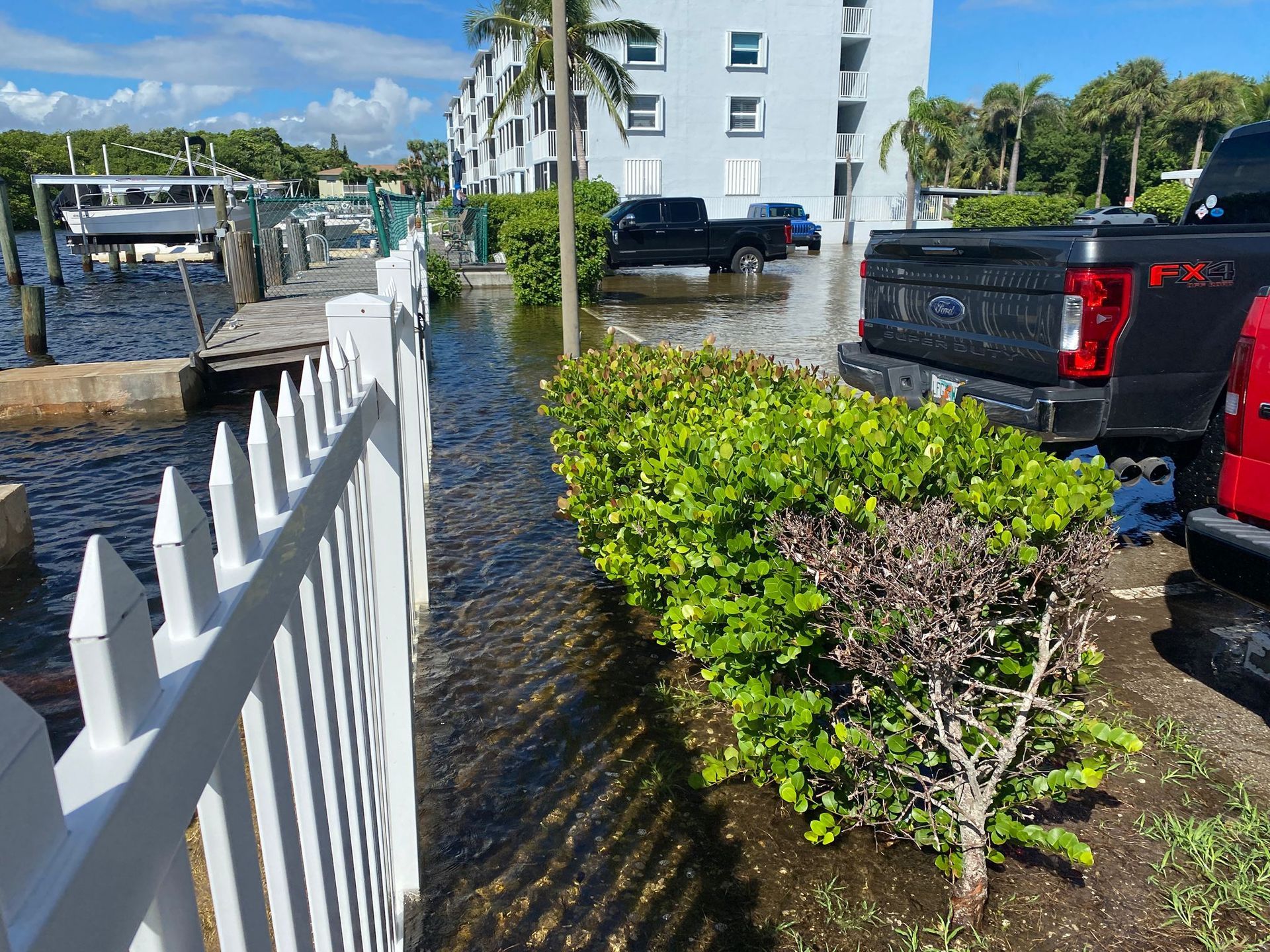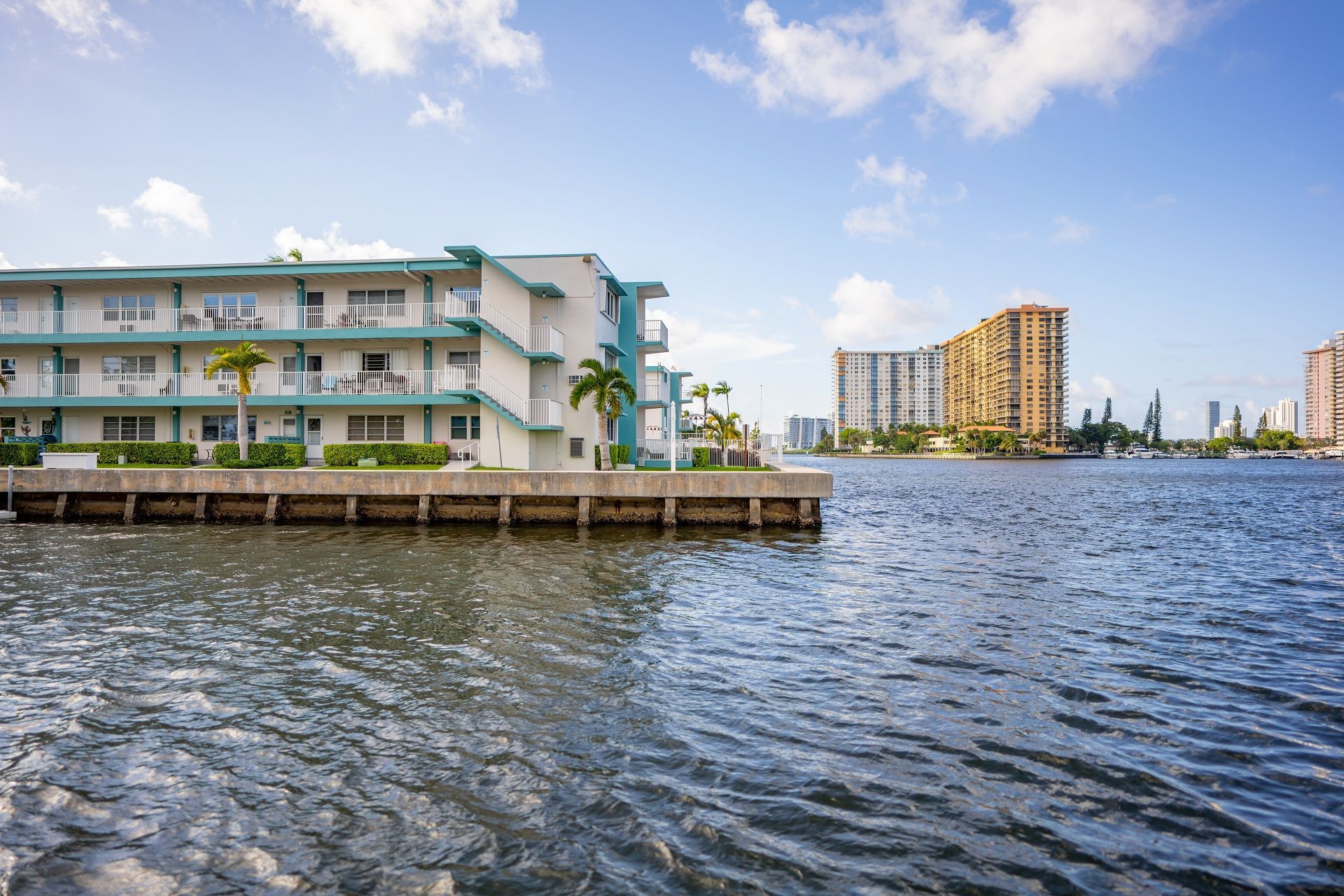What's Included in Commercial Electrical Inspection Insurance?
A well-functioning electrical system is necessary for any type of commercial building. However, to minimize safety risks, it also needs to be inspected and maintained regularly. With a commercial electrical inspection, you can protect your property and its occupants while also ensuring everything is up to code.
Electrical inspections are very detailed, which means they might take a while to examine, especially if your building is large. You’ll likely find the whole process less annoying once you learn how it can benefit you.
Continue reading to learn why a commercial electrical inspection matters, what it entails, and ultimately, how to choose an inspector.
Reasons To Schedule A Commercial Electrical Inspection
It’s recommended that commercial buildings schedule this inspection annually. Many property owners wonder why doing them so regularly is necessary, but the reasoning behind it is straightforward. Electrical systems can be finicky, they pose a danger to everyone on the premises, and the warning signs of bad electrical systems are usually hard to spot.
A commercial electrical inspection ensures all the wiring and other components of the power system are in perfect working order. They also help identify potential issues early on, which reduces the chance of electrical interruptions and more importantly, possibility of fires and electrical shocks.
Additionally, having this knowledge allows you to tackle any repairs or wiring replacements. So apart from lowering risks, it also helps you keep your tenants happy.
Connectors and other components wear out over time, and they can lead to all sorts of inconveniences for the occupants of the building. After all, you wouldn’t want to have flickering lights or outlets that short out constantly in your home, so why should it be acceptable in the workplace?
As a huge bonus, you may also get a sizable discount on your insurance policy. Insurance companies always want to keep their risk to a minimum, so if you’re able to demonstrate that you took the necessary steps to safeguard your building from a fire, they’ll see it as a good sign. In the end, most insurance companies will offer you a hefty break on your policy when provided with a positive commercial electrical inspection report.
What Does A Typical Commercial Electrical Inspection Include?
Generally speaking, most inspections start with checking the electrical panels, followed by inspecting the wiring. Do note that going over the entire wiring may take a while as every building is wired slightly differently.
If you recently made any changes to the wiring configuration, an inspector will be able to check if it’s compliant with the National Electric Code (NEC) and figure out whether it’s safe to use.
Grounding and bonding are also very important and high on the checklist for many inspectors. This is because any flaws with these two electrical components can spell disaster if left unattended.
If your building has a generator, the inspector will closely examine it to ascertain whether it can deliver a necessary amount of power in case of an emergency.
As we mentioned earlier, due to the potential dangers of malfunctioning electrical systems, the inspection will also cover all electrical outlets and parts such as circuit boxes. This also applies to checking whether all circuit boxes are labeled.
Next, the inspector may scan electrically sensitive areas like access points to determine whether they’re properly insulated from water and other types of corrosive factors. The same thing applies to floors and ceilings. Since these areas are prone to damage, it’s important that all the internal wiring is protected at all times.
Can You Fail A Commercial Electrical Inspection?
Despite the fact you can get a horrible score on your report, inspections are not a pass/fail kind of test. You’ll just receive a rating with recommendations on potential repairs and the inspector’s opinion on how urgent the repair is.
In Florida, you can also slightly bump up your score by investing in surge protection. Because the Sunshine State is no stranger to power disruptions that often create damage once the power kicks back on full strength, having a surge protector may help you receive a discount on your policy.
In a similar vein, you can get plus points if you have a solid electrical safety plan in place. This may include things such as fully-working fire extinguishers next to any fuse boxes or generators.
In the event you get a bad score, it’s not a big deal as you can conduct a re-inspection once you make the necessary repairs.
How To Choose An Electrical Inspector
To guarantee you’re getting the most value for your money and accurate results, you should only work with a reputable inspector. For starters, it takes five years of experience to receive a valid license - this is the bare minimum you should go for.
It also doesn’t hurt to take a peek at customer reviews. Online feedback can be a big indicator of the quality of inspections a company provides.
You can also receive more value by scheduling an infrared electrical inspection. This is a valuable service that revolves around using infrared thermography to locate problems otherwise invisible to the naked eye. More importantly, this method of evaluating the condition of the electrical system is also non-invasive and won’t require any sort of physical interference whatsoever.
It’s a good practice to schedule an inspection whenever you conduct repairs or install any new equipment. An infrared inspection can help you here too. Since infrared technology can spot electrical components that emit excess heat (most commonly due to poor installation), you can make new components more reliable and dramatically increase their lifespan - saving yourself a notable sum of greenbacks in the process.
Why Certified Inspectors Is Your Best Choice
Hopefully, the notion of an inspection doesn’t seem like a hassle anymore now that you know what each step entails. When all is said and done, the parties who benefit most from these inspections are the occupants and ultimately, the owner of the building - you.
If you’re well overdue for a bit of a checkup, reach out to the experts at
Certified Inspectors. We offer foolproof infrared electrical inspections that go way beyond visual and reveal the true condition of the electrical systems on your property. In other words, if something is wrong, we will find it.
Call us at
(561) 570-6311 to
schedule an appointment and work with the best level 2
certified infrared thermographers Florida has to offer.
Disclaimer: The information on this website and blog is for general informational purposes only and is not professional advice. We make no guarantees of accuracy or completeness. We disclaim all liability for errors, omissions, or reliance on this content. Always consult a qualified professional for specific guidance.
Share the post:






